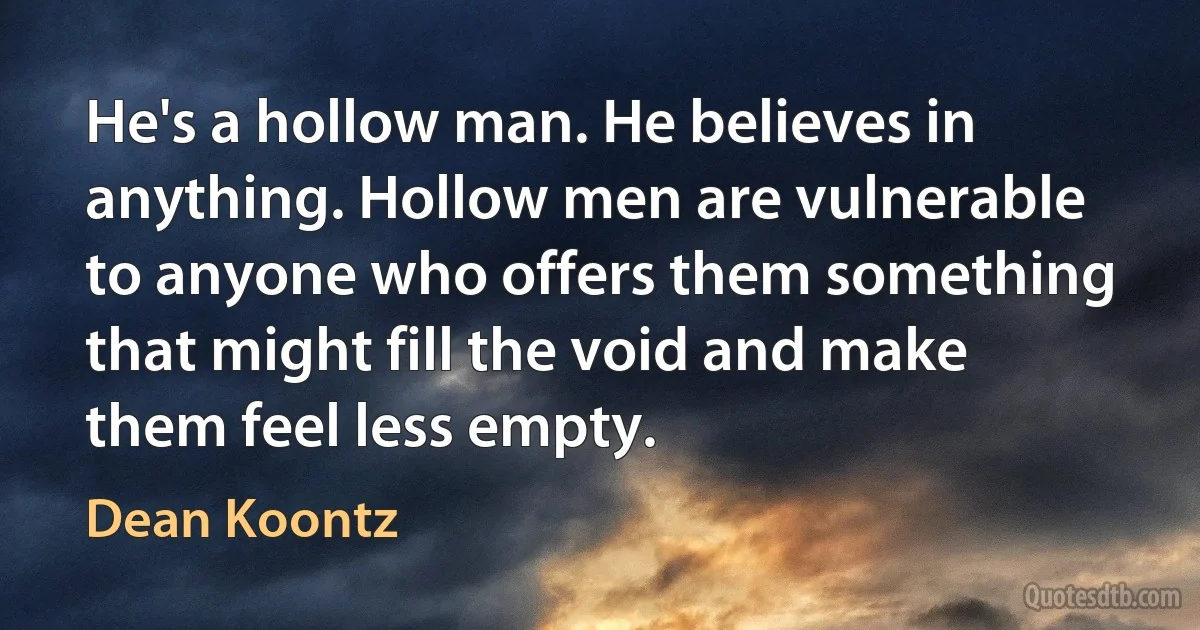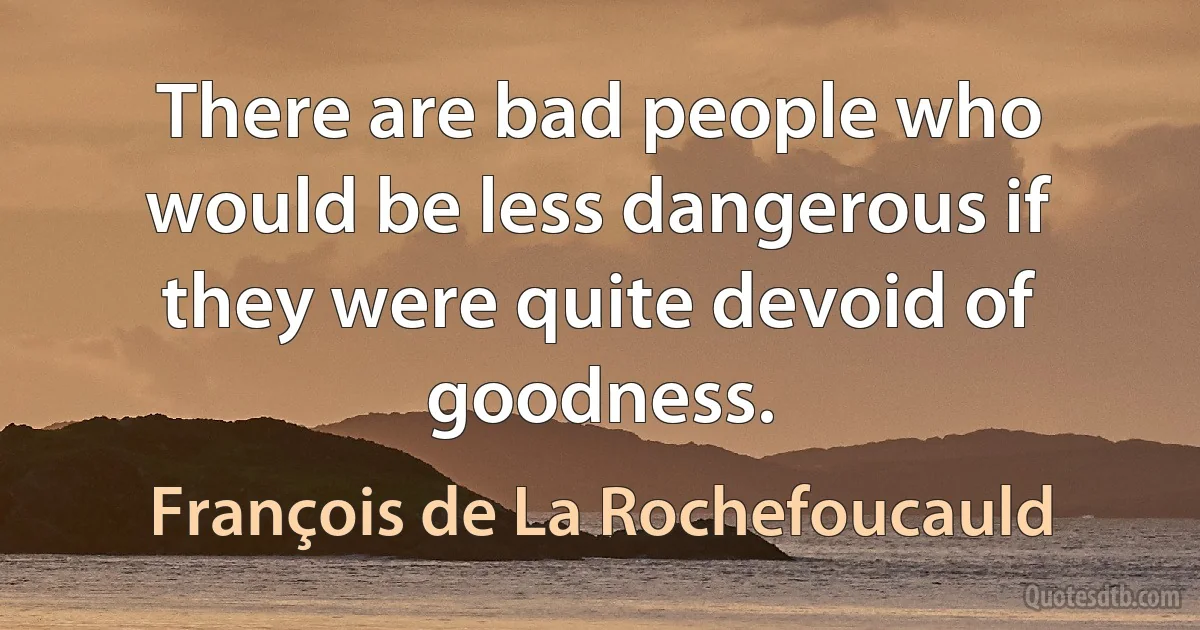Less Quotes - page 99
Marriage is both the most public and the most secret of institutions, its miseries as irritatingly insistent as a hacking cough, its private malaise less easily diagnosed. And nothing is so destructive as unhappiness to social life. No one wants to sit in embarrassed silence while his host and hostess demonstrate their mutual incompatibility and dislike.

P. D. James
I've always been really anti-social, and being relatively famous has just given me an excuse to go out even less. If I didn't play in Soundgarden I'd have no excuse for being the way I am. My friends and family would hate me, whereas now they probably feel sorry for me. Y'know, 'Poor kid, he can't come out because he gets hassled a lot.'

Chris Cornell
I had a bad PCP [angel dust] experience when I was 14 and I got panic disorder. And of course, I wasn't telling anyone the truth. It's not like you go to your dad or your doctor and say, "Yeah, I smoked PCP and I'm having a bad time.” So I became more or less agoraphobic because I'd have flashbacks. From 14 to 16, I didn't have any friends. I stayed home most of the time. Up till then life was pretty great. The world was big and I felt I could do anything I wanted. Suddenly, I felt like I couldn't do anything. But in the isolation, my imagination really had time to run. I never did any drugs until my late 20s. Unfortunately, being a child of two alcoholics, I started drinking a lot, and that's what eventually got me back into drugs. You often hear that pot leads to harder drugs. But I think alcohol is what leads you to everything, because it takes away the fear. The worst drug experimentation I ever did was because I was drunk and didn't care.

Chris Cornell
For a period of roughly 35 years, Keynesian theory provided a central paradigm for macroeconomists, and considerable progress was made on several empirical fronts. It was widely recognized that some of the ingredients of Keynesian economics (e.g. money illusion and/or nominal wage rigidity) rested on slender to non-existent microtheoretic foundations; and there were always dissenters. But, thought of as a collection of empirical regularities that fit together into a coherent whole, the theory worked tolerably well. In the 1970s, however, the Keynesian paradigm was rejected by a great many academic economists, especially in the United States, in favour of what we now call new classical economics. By about 1980, it was hard to find an American academic macroeconomist under the age of 40 who professed to be a Keynesian. That was an astonishing intellectual turnabout in less than a decade, an intellectual revolution for sure.

Alan Blinder
War has no longer the justification that it makes for the survival of the fittest; it involves the survival of the less fit. The idea that the struggle between nations is a part of the evolutionary law of man's advance involves a profound misreading of the biological analogy.
The warlike nations do not inherit the earth; they represent the decaying human element....

Norman Angell
What view the bill-sticker and sandwich man take of the subject I have yet to learn. The first is, at least, no bad substitute for a hanging committee, and the clothes of the second are better company than somebody else's picture, and less obtrusive than a background of stamped magenta paper.

Aubrey Beardsley
I do not know many Negroes who are eager to be "accepted" by white people, still less to be loved by them; they, the blacks, simply don't wish to be beaten over the head by the whites every instant of our brief passage on this planet. White people will have quite enough to do in learning how to accept and love themselves and each other, and when they have achieved this - which will not be tomorrow and may very well be never - the Negro problem will no longer exist, for it will no longer be needed.

James Baldwin
It's no credit to this enormously rich country that there are more oppressive, less decent governments elsewhere. We claim superiority of our institutions. We ought to live up to our own standards, not use misery elsewhere as an endless source of self-gratification and justification. Of course, people tell me all the time in the West that they are trying, they are trying hard. Some have tears in their eyes and let me know how awful they feel about the way our poor live, our blacks, or those in dozens of other countries. People can cry much easier than they can change, a rule of psychology people like me picked up as kids on the street.

James Baldwin



